A gambler steps into the digital casino lobby, eyes catching on a flashing banner: “Claim your $50 free chip now!” No deposit required, no strings attached—at least not obviously. This is the digital handshake, a welcome gesture that mimics the complimentary drink at a Vegas bar, designed not to make you drunk but to make you stay.
Free chips offer a paradox that online casinos have perfected: by giving away money, they make more of it. The allure is powerful. In a world where few things come without a catch, a no-cost chip feels like beating the system. It’s bait, yes—but sometimes bait tastes sweet.
Behind the scenes, marketing teams treat these offers like precision tools. Free chips serve as the perfect low-friction entry point for cautious players. It’s not just about generosity—it’s acquisition. Every new sign-up represents potential long-term revenue. The chip is the door key.
Some casinos, like Planet 7, have become known for creative chip bonuses. The $100 free chip with Planet 7 isn’t a fluke—it’s a tested mechanism. They’ve studied redemption rates, win-to-deposit conversion, and even what color chips make people click. Other brands follow suit with similar tactics—testing offer lengths, bonus stacking options, and personalized promo codes that adapt based on user behavior.
Free chips also help casinos collect early behavioral data. Within the first few rounds, they can begin predicting player types—cautious vs. impulsive, slots vs. table gamers, low stakes vs. aggressive bets. These insights inform future promotions, tailored emails, even the interface layout you see next time you log in.
But there are common misunderstandings. Many players assume free chips are always usable like real cash. They’re not. Hidden beneath the glossy offer is usually a tangle of terms. Still, even when fully understood, the chip’s appeal doesn’t fade. Because the thrill of gambling with house money, even once, hits different.
The question is, when does a promotion become a manipulation? Behavioral economists argue that any offer designed to encourage impulse action without transparent risk is riding that line. The digital handshake, then, is both a gift and a gamble in itself.
And perhaps that’s why it works. It’s not just the money—it’s the theater of generosity, the sense of getting one over on the house, even if only temporarily. In that brief moment of play, when risk is outsourced and the reward is still yours to chase, the magic of the free chip feels very real.
Who Actually Funds “Free”?
Nothing is truly free. So where do free chips come from, and who pays for them? Technically, the casino does—but not quite in the way you’d think. Free chips are accounted for like
marketing spend. That $25 bonus? A line item in a spreadsheet labeled “customer acquisition cost.”
The cost to the casino isn’t the face value of the chip, but the risk of a win—and that’s tightly controlled. Free chips often come with restrictions that favor the house: playthrough requirements (also known as rollover), game eligibility, and time limits. The player may win $200, but can’t withdraw a cent until they’ve played it 30 times over.
Let’s dig deeper. Playthrough requirements often depend on game types. Slots may count 100% toward the rollover, while blackjack might count for only 10%. That means you’d have to play 10 times as much on blackjack to meet the same condition. These mechanics are designed to steer player behavior.
Casino software providers also have a say. Companies like Real Time Gaming (RTG) or Playtech offer the platform, and with it, the tools to craft these promotions. Some even hard-code rules into the bonus system, limiting the games where chips can be used. They build fences around the free money.
Sometimes, these restrictions are dynamic—adjusted based on the casino’s recent revenue swings. If a platform is seeing too many big wins from chips, it can tighten bonus policies in real time. Few players realize that their free chip could behave differently today than it did last week.
A key detail often missed by players: some chips have a maximum cashout. Win $1,000? Too bad—the chip might cap you at $100. Again, not accidental. Casinos are masters of offering value that feels bigger than it is. The chip is a carrot; the stick is embedded in the fine print.
But players aren’t powerless. The terms are public, and the savvy ones read them. In fact, whole forums exist just to dissect bonus terms. The result is a strange game within a game: a bonus strategy meta-layer, where the real winners aren’t just lucky, but informed.
The truth is, the chip’s economics only work if most players don’t cash out. And most don’t. They either lose the bonus quickly or give up midway through the rollover. But that doesn’t make them fools. It simply makes them part of the system—a system where participation itself is the profit engine.
Where and How to Find the Best Free Chips
Some players don’t just wait for bonuses—they hunt them. It’s a full-time hobby for a small, obsessed corner of the internet: the chip chasers. These are players who know when and where the best chips drop, how to stack them, and how to avoid the traps.
Their toolkit includes:
- Forums like Casinomeister and BonusFinder, where users share newly discovered no-deposit codes
- Newsletters from casinos or third-party aggregators that slip in hidden chip deals
- Social media platforms like Twitter and Reddit, where casinos sometimes run flash giveaways or exclusive promo codes
- Twitch streams, where influencers distribute chips to viewers during live play
- Chip databases, like NoDepositBonusCodes.com, with filters by country, game type, and expiration
They also know how to read between the lines. A legit free chip will never ask for credit card details upfront. It’ll come from a reputable casino, one with visible licensing and clear bonus terms. If a deal sounds like a trap, it probably is.
Location matters too. Some bonuses are geo-restricted. A chip offer for Canadian players might be inaccessible to someone in the UK. But smart chasers know their VPNs, and sometimes, their friends abroad.
There are etiquette rules, too. Sharing an unlisted chip code on a public forum can cause it to be disabled early. So serious hunters trade in private groups, sometimes only with long-standing members they trust.
The savviest know the value of timing. Holidays, major sporting events, and even lunar new year celebrations often come with limited-time bonus chips. These windows are brief—and rewarding. Loyalty programs also matter. Long-term players might receive personalized chip offers not listed anywhere public.
Others go deep into patterns. They track which casinos offer repeat deals every Thursday or which streamers tend to drop codes around minute 45. They script alerts, set up email parsers, and follow spreadsheets shared in small Discord groups.
This isn’t casual collecting. It’s part puzzle, part grind, and part celebration when it pays off. For the serious chip hunter, claiming a working bonus before it’s widely known is like finding treasure—and winning with it is just the icing on the cake.
From Dust to Dollars: Real Wins from Free Chips
Everyone loves a good underdog story. In the world of free chips, they happen more often than you’d think—though not as often as some sites would suggest.
There’s the woman in New Jersey who turned a $10 free chip into a $3,500 cashout—on video poker, no less. Or the streamer who triggered a massive slot bonus on a chip-only session and cashed out the max allowed. Their stories circulate like folklore: proof that the digital gift can become real money.
That said, there’s a reason these stories stand out. Most chip sessions don’t end in profit. But that doesn’t mean they’re pointless. Free chips are valuable because they allow real play without real loss. Even without a withdrawal, you get the full arc of a gambling session: anticipation, adrenaline, and the push-your-luck moment.
Strategy plays a role. On games like blackjack, where odds are tighter and player decisions matter, a chip can last longer and potentially build. On volatile slots, the outcome can swing wildly—but the thrill is unmatched.
Some players use chips as warmups. They test new games, learn mechanics, and scout software quirks—all with no money at risk. Others use them as mood checks: do I feel sharp today? Is luck on my side?
There’s also an educational angle. A chip session on blackjack can teach risk tolerance and probability better than a chart. Even if a player walks away with nothing, they often walk away sharper.
More importantly, chips open the door to moments players wouldn’t otherwise afford. A $25 chip might let someone try a new slot they wouldn’t spend real money on. It might let them explore bonus features, free spin triggers, or side bets on table games.
And every so often, they walk away with more than they started with. Not bad for digital dust.
The Culture of Free: Why We Keep Chasing Chips
Free chips have grown beyond bonuses—they’re a cultural staple. Just like daily login rewards in mobile games or streak multipliers in fitness apps, chip claims have become a routine.
The dopamine spike from opening the casino app and claiming a new chip? It’s real. Many casinos use gamified elements—spin-to-win wheels, loyalty ladders, and chip calendars—to hook players into returning.
And it’s not just casual users. Even high-rollers, flush with deposits, don’t ignore their daily chip. For them, it’s not about the amount—it’s the ritual, the satisfaction of claiming something before the day ends.
Some casinos get creative. Players might receive chips by completing quests—like playing 10 different games or hitting a certain payout ratio. Others give surprise chips for milestones: your 50th login, a holiday, or your birthday.
That habit loop can be healthy, or not, depending on the player. For some, it’s a harmless moment of daily fun. For others, especially those chasing losses, it can become a dependency.
Casinos walk a fine line. The best ones offer tools to self-limit or opt out. The worst? They double down on engagement with ever more intrusive pop-ups and FOMO-driven events.
Still, there’s something fundamentally human about the chase. Free chips turn risk into a game of curiosity. And once in a while, when timing, game choice, and luck align, they turn into something more tangible.
The culture of free isn’t going anywhere. If anything, it’s expanding—into crypto casinos, VR games, and even hybrid metaverse spaces where chips might unlock both cash and digital items.
Even if most chips vanish into lost spins or failed hands, the chase continues. Because every gambler, deep down, loves the idea of turning nothing into something. And in that sense, the free chip might be the most honest currency of all.







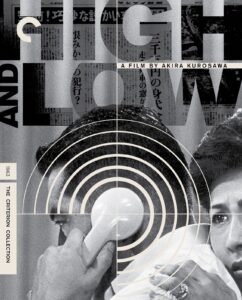


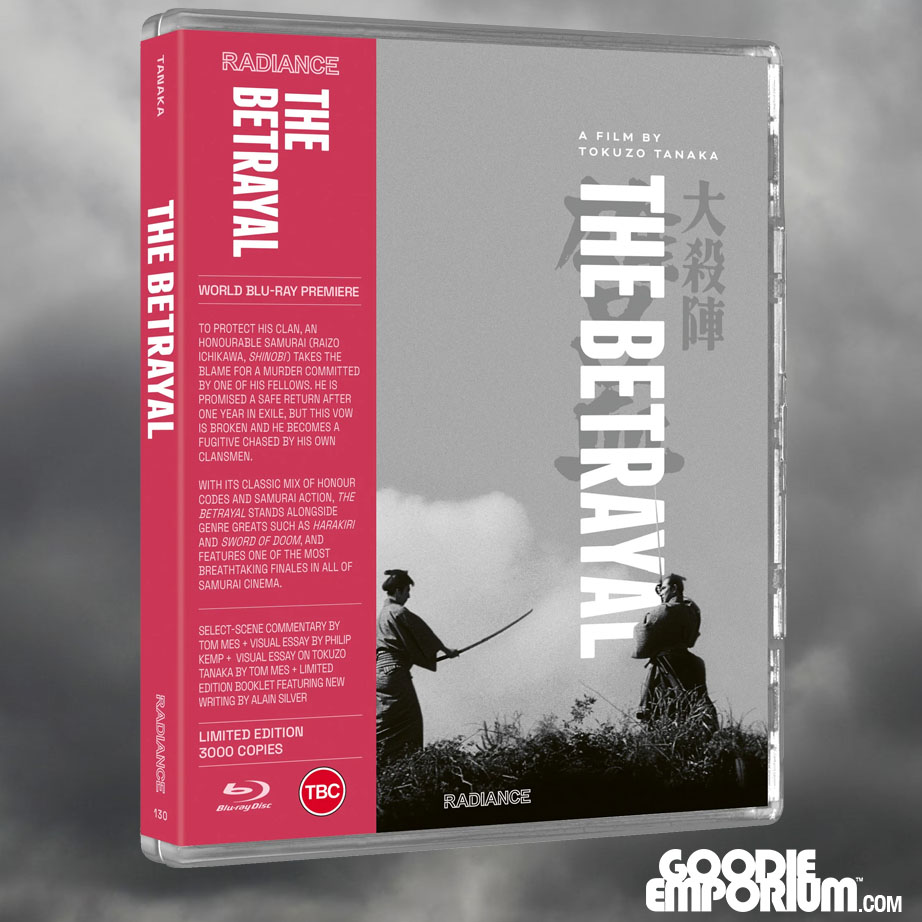

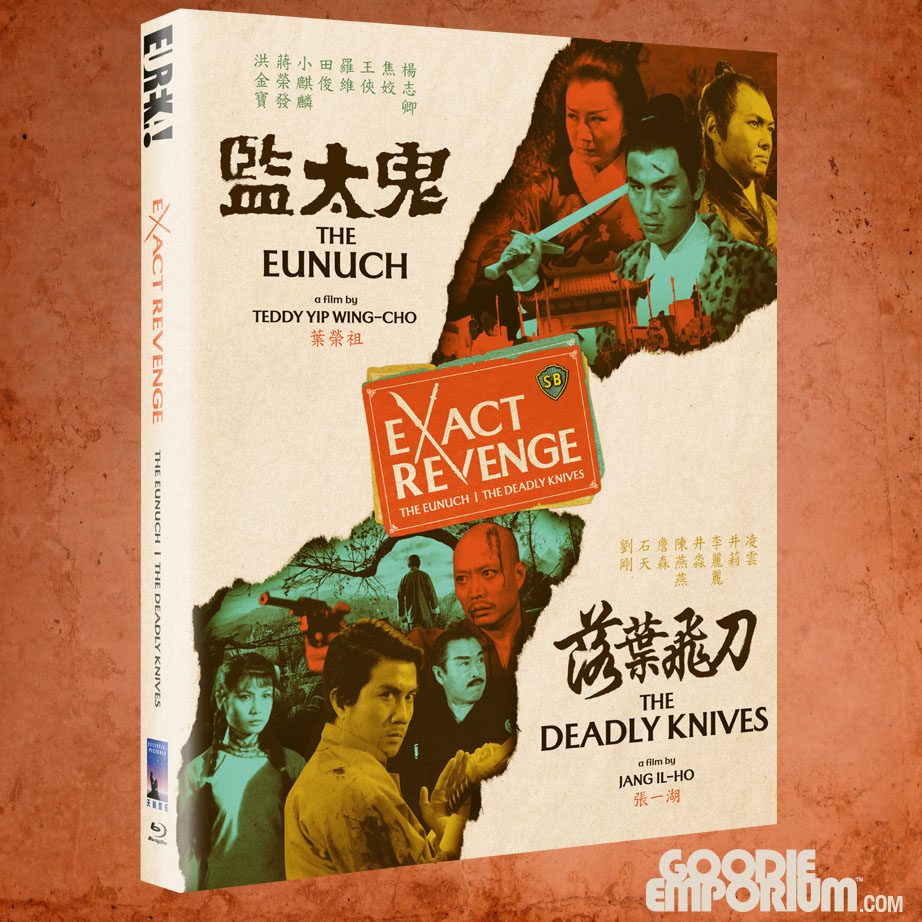

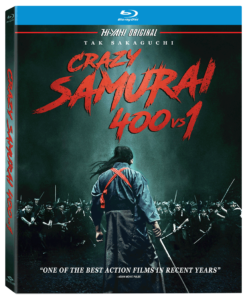



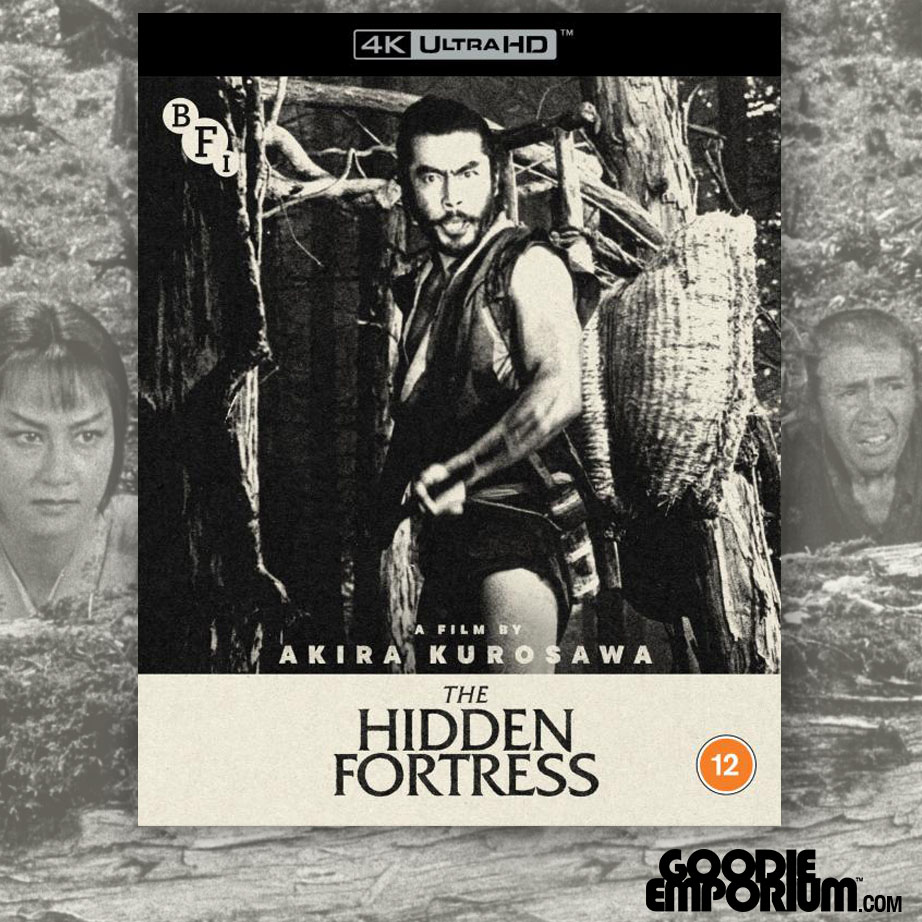 On August 11, 2025, BFI is releasing the 4K Ultra HD for
On August 11, 2025, BFI is releasing the 4K Ultra HD for 

Be the 1st to Comment